Recent Turmoil at the German Ministry of Defense
The German Ministry of Defense has found itself embroiled in a series of controversies in recent days. Local media reports have revealed that following the leakage of a conversation within the ministry discussing a plan by German military officers to attack the Crimean Bridge, the ministry now faces a “password-gate” scandal.
On March 3rd, Defense Minister Boris Pistoleus held a press conference to address the eavesdropping scandal and released part of the conversation in the form of an encrypted audio file on the ministry’s website, which visitors could access by entering a password.
Amidst public surprise, the password turned out to be incredibly simple, requiring only the input of “1234” to access the audio recording. While the file was not categorized on cloud storage, and “1234” may have been just a temporary placeholder, the simplicity of the password has drawn criticism from German media. The German tabloid “Bild” even questioned the security of the situation by showcasing a screenshot of the ministry’s website prompt and asking, “Is ‘1234’ really secure?”
Perhaps in an effort to make the file easily accessible to the public, the ministry chose a simple password. However, doubts arise about the overall security measures within the system.
“Bild” pointed out that it remains unclear how Russia managed to intercept a 38-minute recording of a high-level German military officers’ conversation. The use of “WebEx,” a third-party conferencing software, for highly confidential discussions has raised concerns about potential security breaches within the ministry.
Former head of the Federal Intelligence Service, August Hanning, suggested that Russia may possess even more intercepted information. Defense expert Kisewetter from the Christian Democratic Union stated, “I believe that federal government and other ministries’ members have likely been eavesdropped on, including the Chancellor and those around her.” It is worth noting that in the shocking worldwide revelations of the NSA’s “Prism” global surveillance program in 2013, then-German Chancellor Merkel was also a target of U.S. eavesdropping activities.
According to previous reports by Xinhua International, shortly after New Year’s Day in 2019, private information of nearly a thousand politicians was hacked and publicly disclosed. This exposed information included emails, faxes, phone numbers, home addresses, credit card details, bills, chat records from applications, and more. Among them, 887 phone numbers and 116 home addresses were revealed, with then-German Chancellor Merkel and President Steinmeier not exempt from the breach.
In the aftermath, the Federal Office for Information Security came under criticism for its perceived ineffectiveness. In response to public scrutiny, the then-Interior Minister Zehofer defended himself by stating that the politicians were easily hacked due to their poor password choices, with many using extremely simple passwords like “iloveyou” or “12345.”
What is most shocking is that the hacker was not the sophisticated mastermind that the Germans initially believed, but a 20-year-old student named John. He admitted to acting alone and using simple methods like guessing passwords, never expecting to intercept such a significant amount of information.
References: Global Times, Xinhua International

